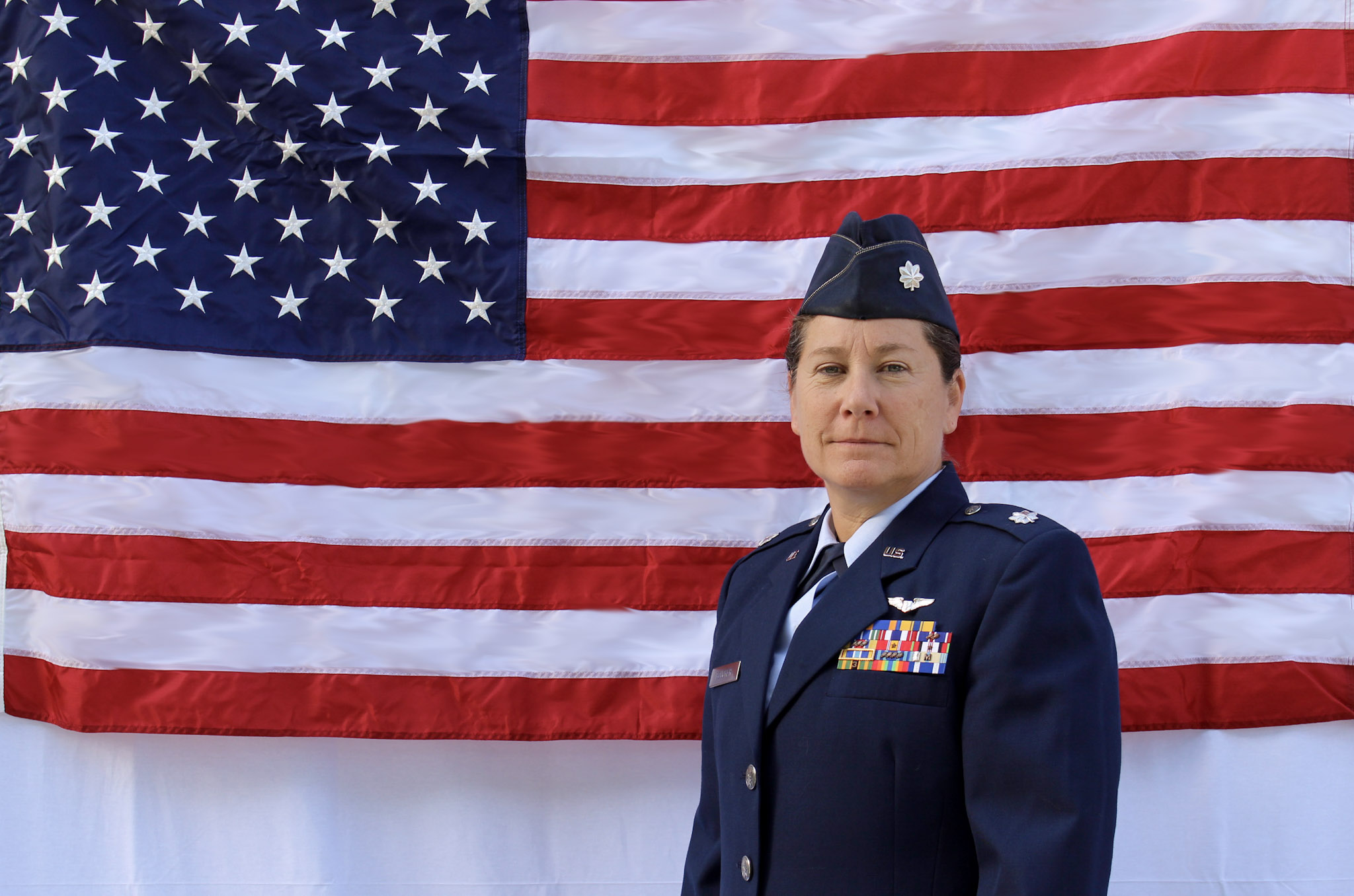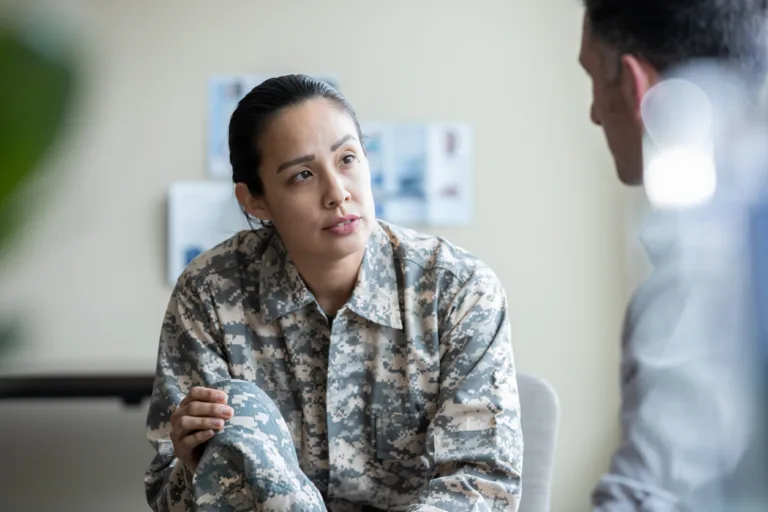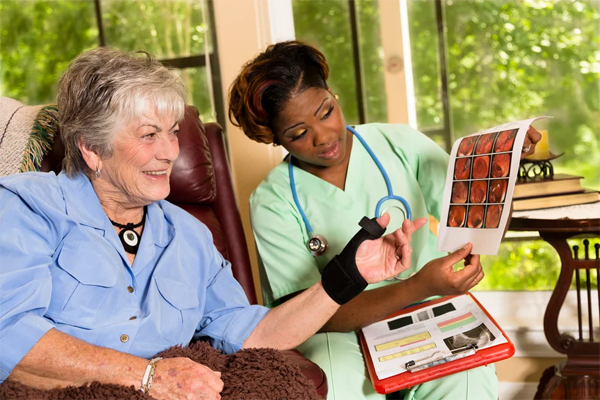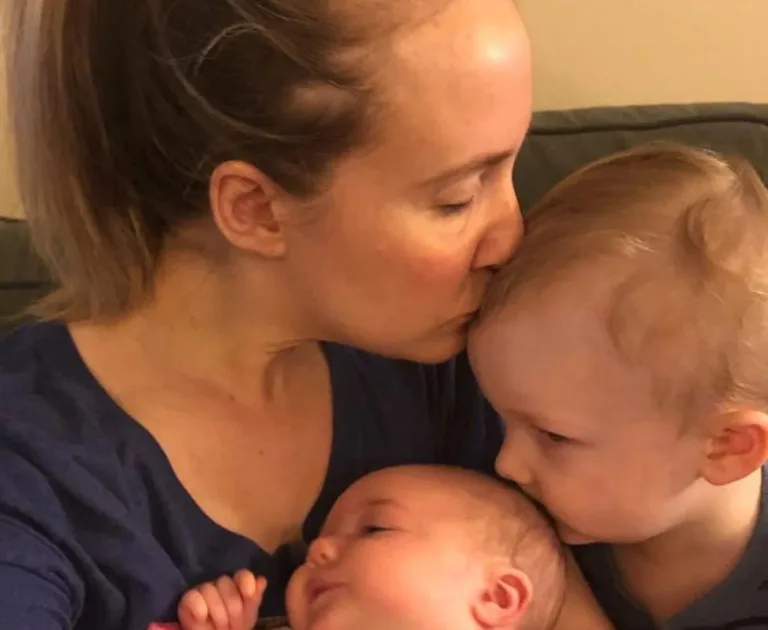As told to Nicole Audrey Spector
I enlisted in the Army in 1990. It was during a brutal recession, and there just weren’t many jobs out there for folks like me — recent college graduates buried in student loan debt, that is.
I sifted through the phone book for information about loan repayments and landed on an ad for an Army recruiter. I met with him and asked, “What job can I get in the military that I can do once I’m out of the military?”
In college, I had been a rehabilitation major and had been working with people with disabilities, but that didn’t necessarily match my wants at that time. What I wanted was a career that I could succeed in financially for the long term. I wanted to get out of debt and get on my feet.
The recruiter was quick to answer: “Nurse.”
I’m not one of those who grew up knowing they wanted to be a nurse, but I was agreeable to becoming one, so I signed my contract to enlist.
Two months later, the Iraq War broke out.
“Oh, what have I gotten myself into?” I asked myself.
I was 22 years old.
By then, I was in basic training, stationed at Fort Jackson in South Carolina. I was shuffled around a bit and ended up going to another station in Texas to complete my medic training.
Then, the war ended. The next several months: more shuffling. I ended up at Fort Gordon in Georgia. Because I had a college degree, I was the nursing squad leader. I didn’t have to work my way up the ladder the way many service members do. My higher education gave me an advantage.
But no matter my rank, being in the Army was a tough life. I lived very much in the moment, but not in a particularly Zen way. I was just trying to get through the day. I began to realize that I didn’t really like my job and I wanted a change.
In 2007, I went into the Air Force, where I became a flight nurse. That was a tough life, too — but it was also exciting and I loved all the travel.
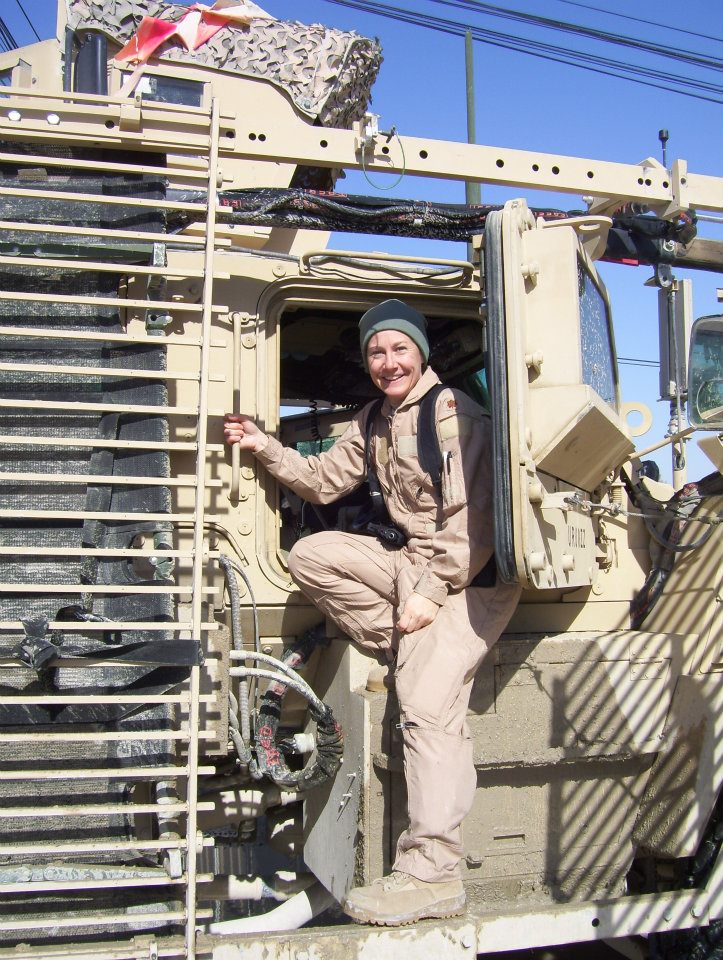
In the military — and even in the Air Force — you learn to adapt to physical discomfort. As a flight nurse on deployment, I frequently had to change in and out of incredibly heavy armor. It took a terrible toll on my back, which was in chronic pain. But I did what we all do in our industry: I pushed through the pain, and I didn’t complain.
But the pain only worsened — to the point where I couldn’t ignore it. Even walking and standing were excruciating.
My PCP ordered an X-ray that apparently showed nothing seriously wrong. I was diagnosed with “low back pain.” That was a pretty ridiculous diagnosis when I couldn’t even stand up straight.
I was still on flight status, so I couldn’t take any medications without leadership’s approval. I took over-the-counter pain medications and anti-inflammatories on a rotating basis. I bought a TENS unit for electrical nerve stimulation and wore it non-stop. I also got acupuncture and had back massages.
But my health just continued to go downhill. A couple years later, I began experiencing severe GI issues, including pain and diarrhea. I wasn’t tolerating most foods and reached the point where I couldn’t even eat. I went to the VA’s ER, where civilian doctors explained I needed my gallbladder removed. I promptly underwent the surgery in 2015.
I went immediately back to work after the surgery (which resolved my GI symptoms but not my back pain). Because I didn’t want to risk losing my job, I didn’t tell anyone I’d just undergone a major surgery. A lot of people don’t know that the rules in the Air Force are even stricter than they are in the Army. I’d have lost my job if they found out.
Some years later, I again went to a doctor for answers about my back. A CT scan showed two slipped discs and two fractures. It was overwhelmingly apparent that I was no longer physically able to carry my flight status duties.
I had to leave the Air Force.
But Air Force leadership was trying to force me to fly, claiming I was lying about my health conditions. This was an insult to me after my years of dedication. I decided I didn’t want to be a part of this organization anymore.
I left the Air Force and committed to finally taking care of myself.
And now I need to, at least briefly, get into something pretty serious. During my time serving, I was exposed to burn pits — without so much as a mask.
Some years after leaving my service career, when I was working as a college professor, I met a bright young student named Chelsey. She was just getting out of the military and wanted to do a research piece on the health effects of burn pits. I was eager to help her, and we’ve since become good friends.
Chelsey wound up turning her research into the HunterSeven Foundation, a nonprofit I work with that is dedicated to providing full-body MRI scans to veterans at risk of developing deadly diseases related to burn pit exposure.
I didn’t want to take a spot from a fellow veteran, but as vice president at HunterSeven Foundation, I had to undergo what we recommended. I had a full-body MRI scan. The scan revealed a mass in my thyroid. I was shocked because I had no symptoms.
The mass turned out to be cancerous, but fortunately, the cancer was at an early enough stage to be removed without my needing to go through chemo or any other treatment.
But can you imagine if I hadn’t had that MRI scan? Sadly, I can.
I had a 32-year military career. I’m grateful for and proud of it despite the fact that it triggered serious health problems. It’s my wish that other service members and veterans will be treated better than I and many of my colleagues were treated.
I am honored to be doing the work I’m doing to help veterans get health screenings that could save their lives. It’s my and everyone at HunterSeven’s hope that others recognize that we can make a profound and lasting difference for those who serve our country with such enduring dedication. We just have to do the work. We’re already doing it. Will you join us?
This educational resource was created with support from AstraZeneca.
Have a Real Women, Real Stories of your own you want to share? Let us know.
Our Real Women, Real Stories are the authentic experiences of real-life women. The views, opinions and experiences shared in these stories are not endorsed by HealthyWomen and do not necessarily reflect the official policy or position of HealthyWomen.


